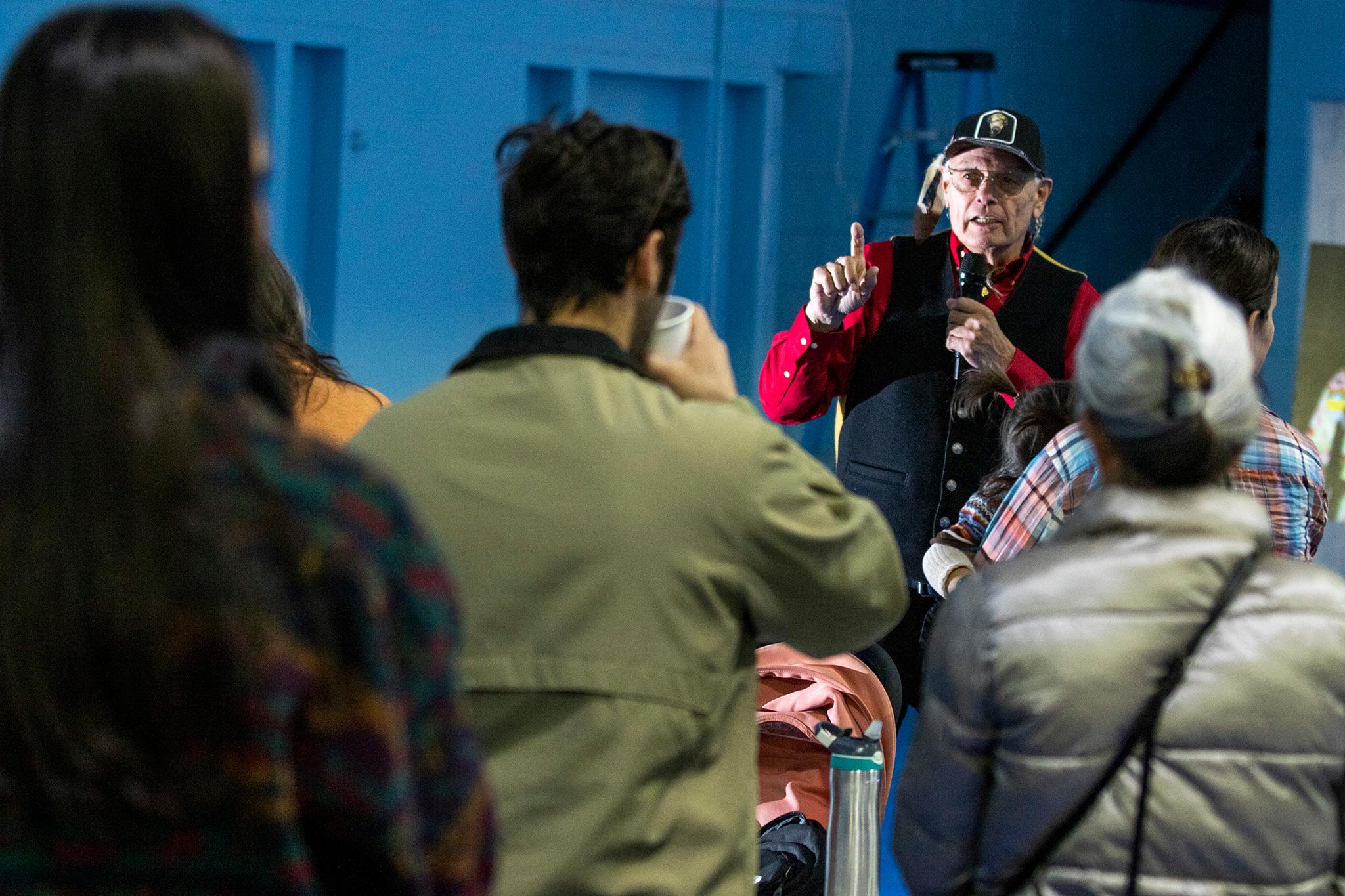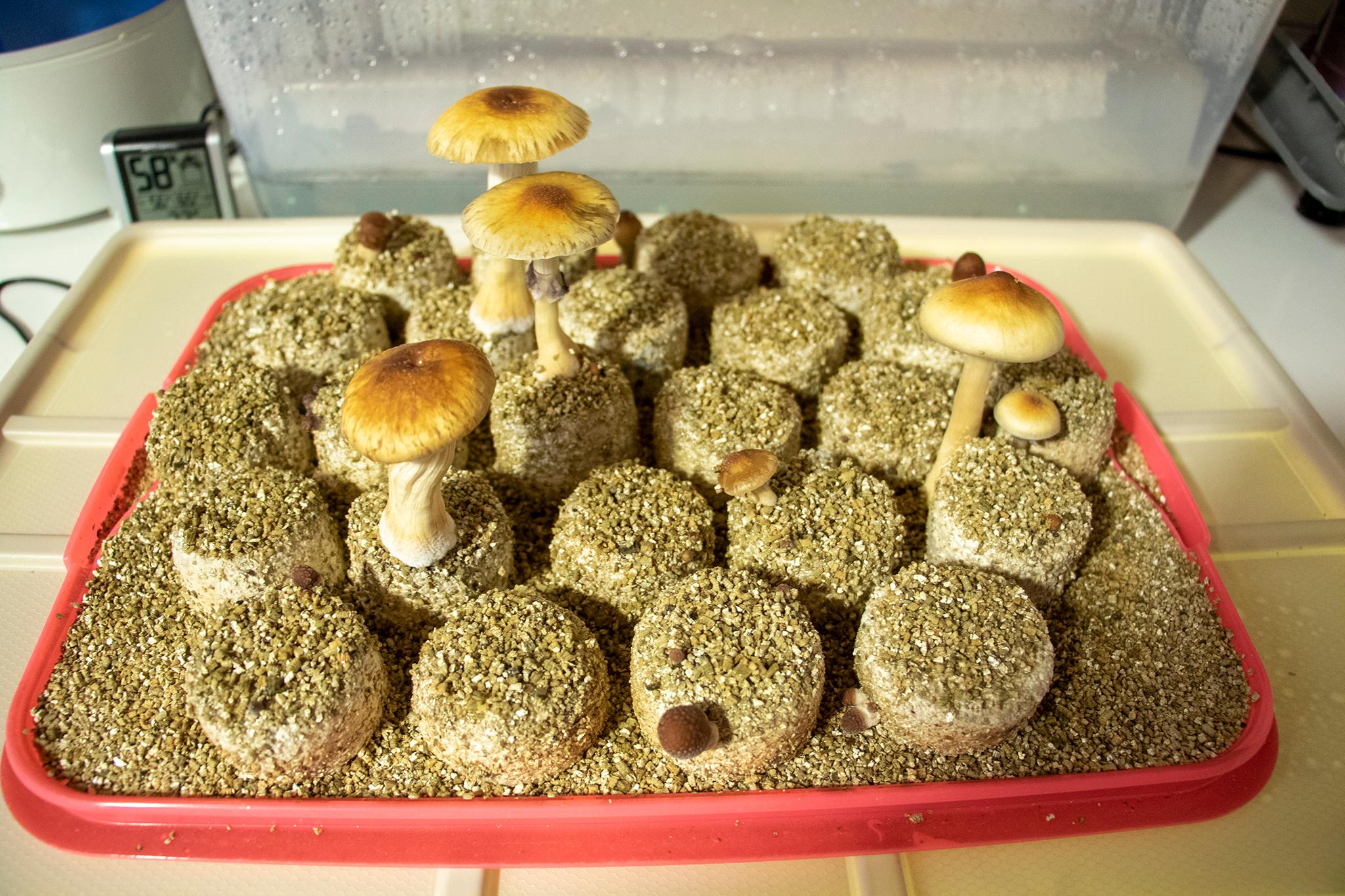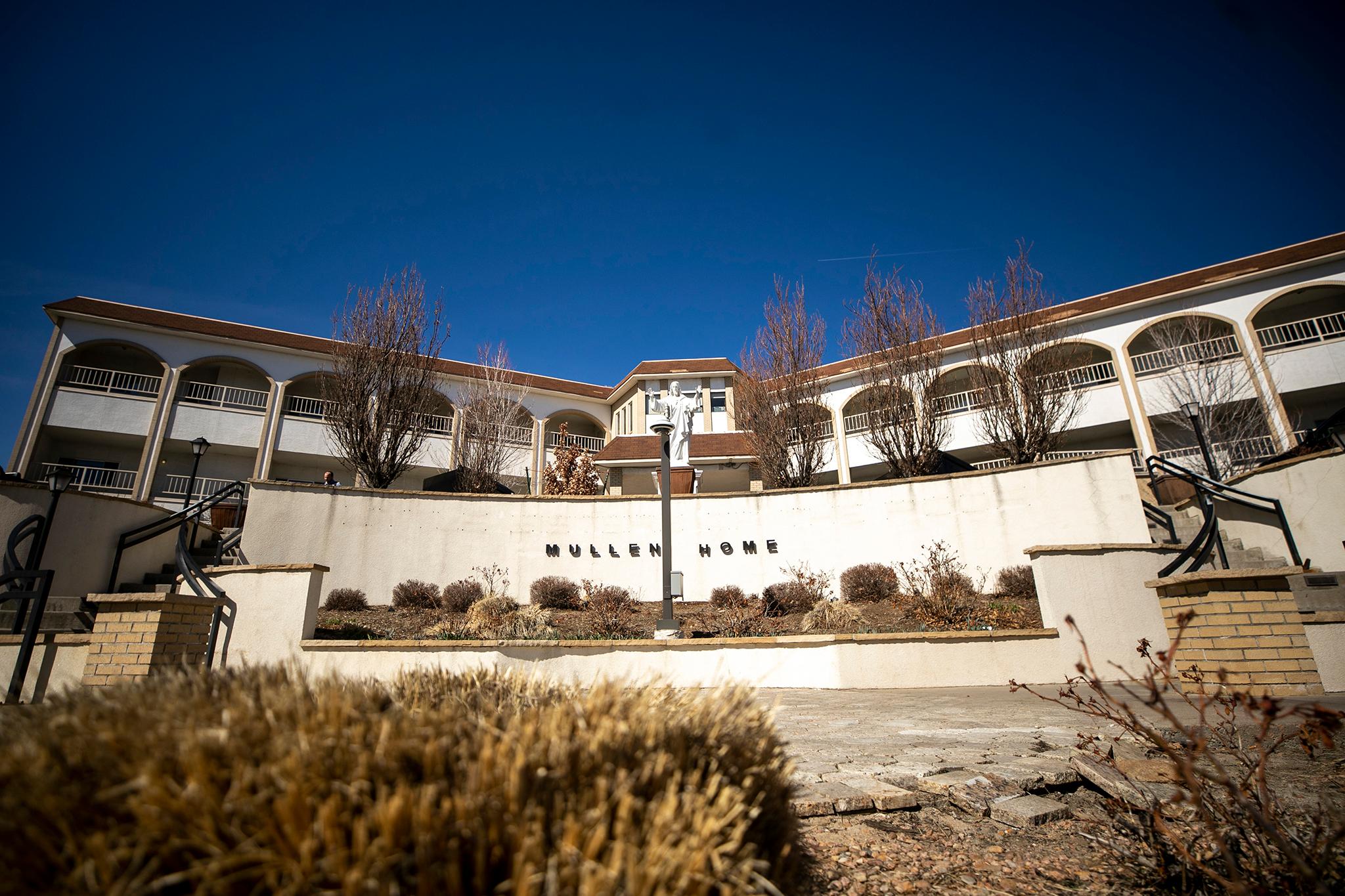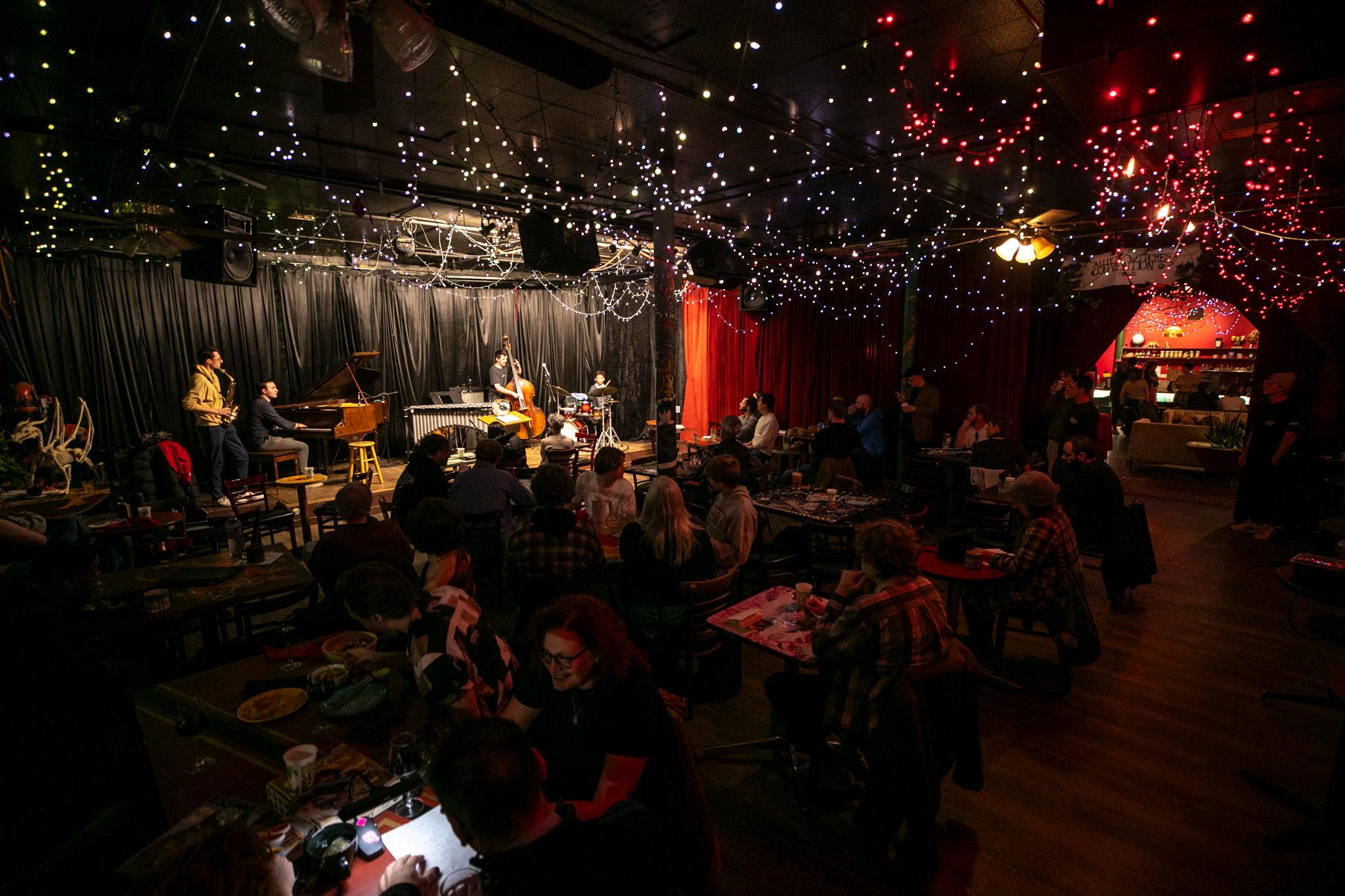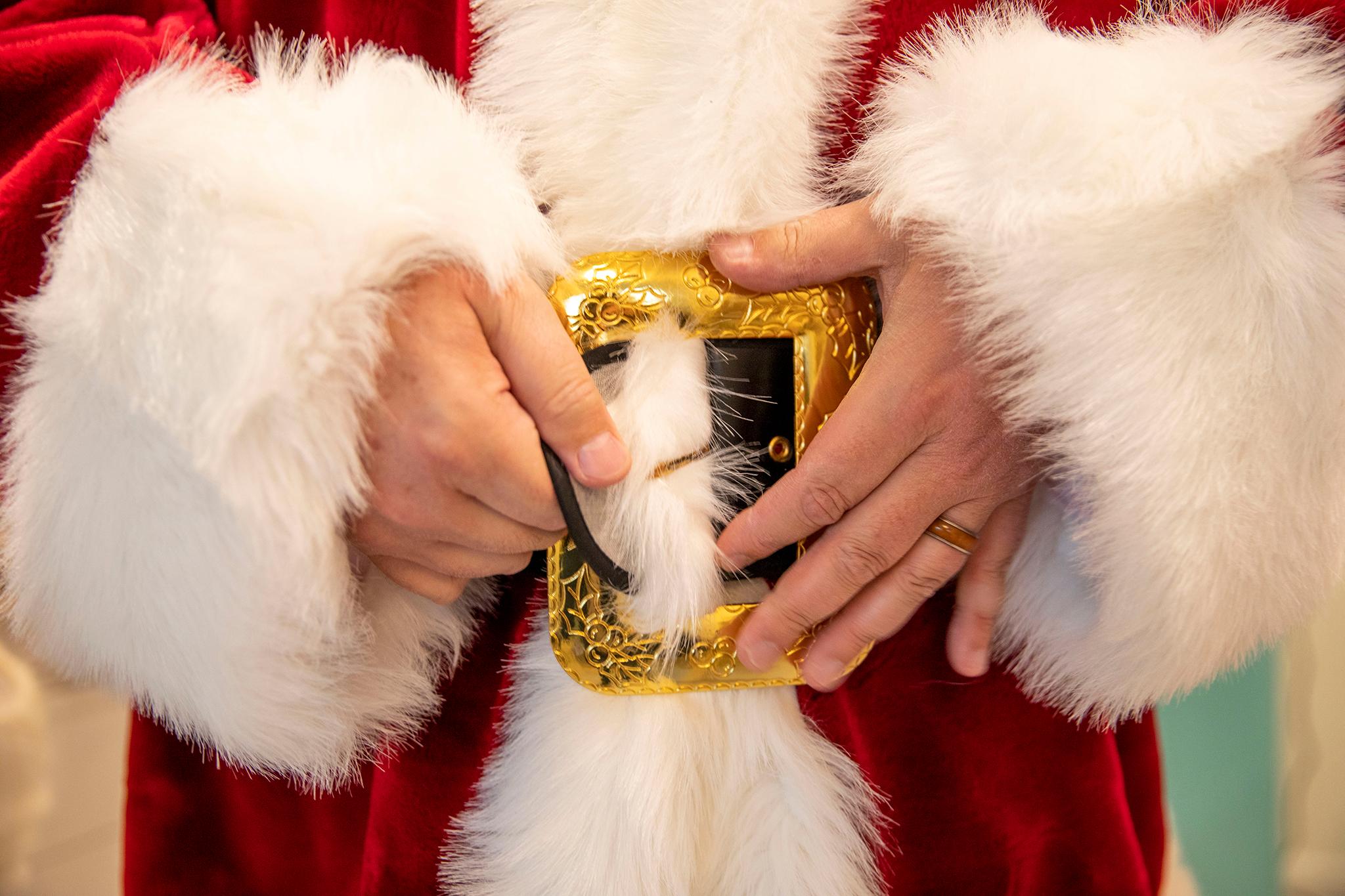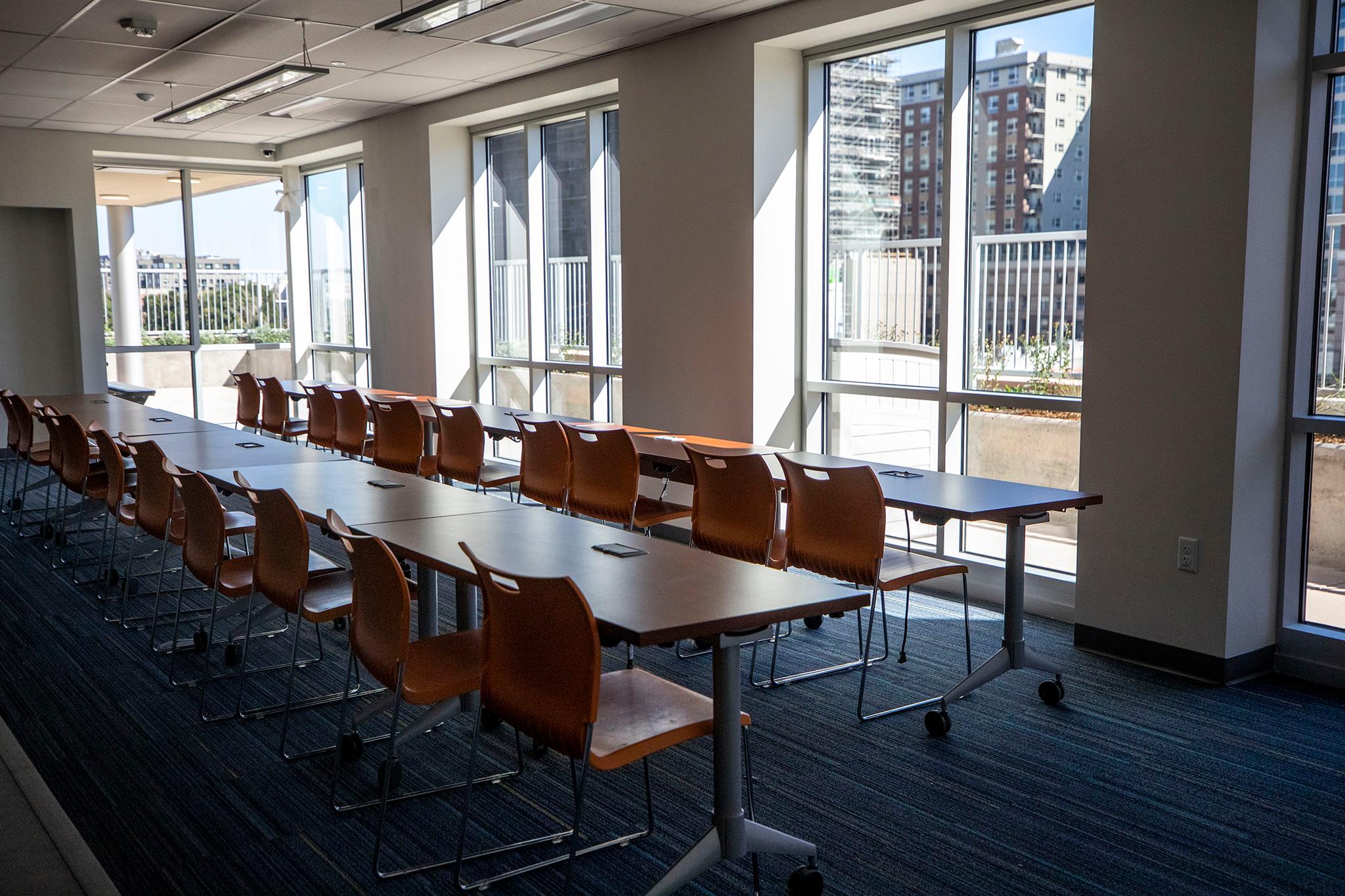Community members, surrounded by the flags of Native American nations that decorate the walls of the Denver Indian Center (4407 Morrison Rd.), participated in a traditional round dance alongside Seven Falls Indian Dancers this past weekend.
Participants formed a circle, held hands and danced clockwise to the sound of a drum.
The intergenerational dance troupe has used storytelling and dance to both entertain and educate audiences for many years.
The troupe was invited to help kick off the second project in a series led by Denver's Landmark Preservation, in partnership with the city's Office of Storytelling, which will focus on gathering and sharing the history of Denver's American Indian and Indigenous Peoples communities.
"We are learning and evolving our understanding of this community's footprints. We do these studies in the acknowledgment that our stories are not told, they are unrecognized, and they are important to Denver's history," said Jamie Torres, Denver City Council president.
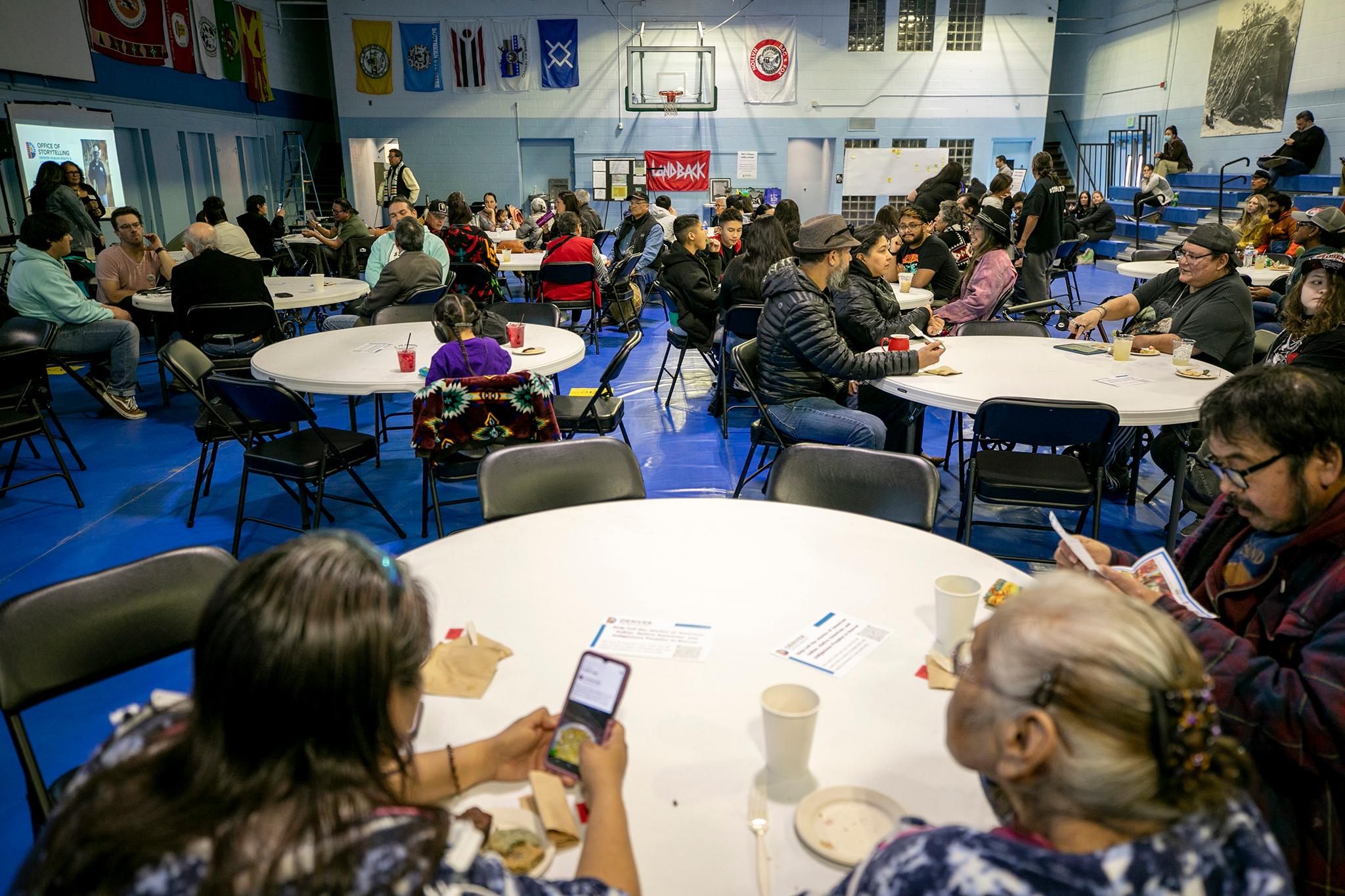
Attendees were invited to share local Indigenous histories the city hasn't officially told before by filling out an online survey with a way to pin locations around the city, writing stories on a sticky note that they could then post on a board in the front of the room, and presenting future opportunities to share oral histories with members of the context study team.
All of the information for getting involved can be found here.
"What we want is for people to know that we've always been here," said Johanna Holy Elk Face, 70, who first moved to the Baker neighborhood in the 1960's. She attended the event with her niece and expressed interest in sharing her family's history in the region.
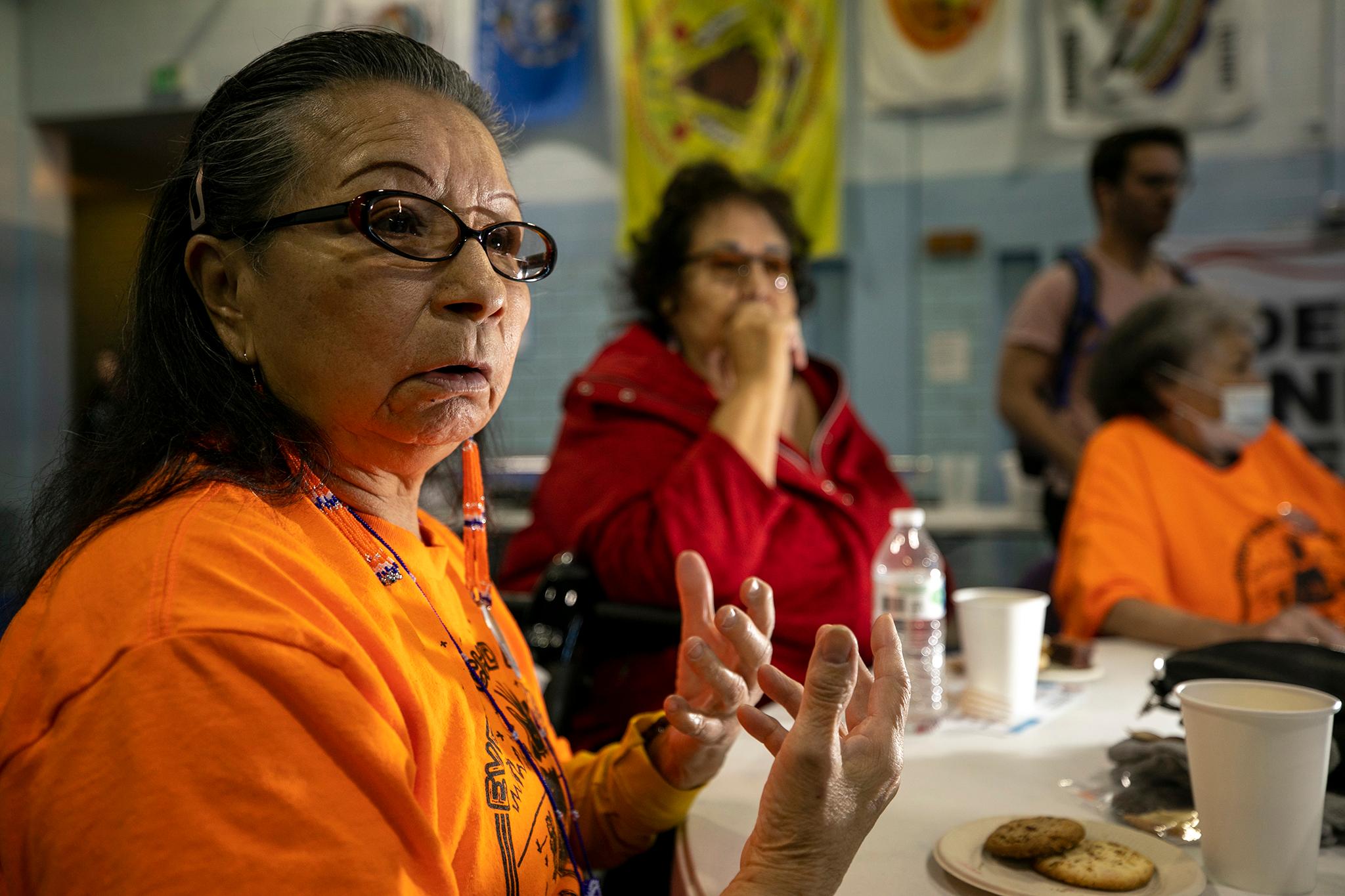
"It makes me mad. When I am on the phone, when I get mail, they still don't get my last name right," Holy Elk Face said.
The first Denver in Context project focused on Denver's Chicano and Latino communities.
It is part of a series of historic context studies meant to gather to share the history and historic places of Denver's historically underrepresented communities. The information collected from these studies also help the city make decisions for more inclusive planning and land use.
The first study has been used to support preservation efforts for places like La Raza Park, the Aztlan Theatre. It also had plans to use findings for walking tours led by Historic Denver and Denver Architecture Foundation last summer.
Becca Dierschow, Senior City Planner, spoke about the lessons learned from the first project and how her team plans to approach this project.
"Our first project launched in March 2020, and, because of COVID, we didn't have a good introduction to the community. At the time we worked closely with city officials, but this time we wanted to set the intention for this project by hosting an event like this," Dierschow said.
The project plans to hire up to 10 community connectors who will work for two years to build relationships between the city and Native communities. Two interns will also be hired.
"We hope this historic context is the beginning of a strong relationship with our Native communities," Dierschow said.

